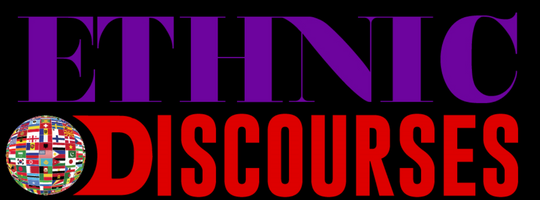A short tease from my latest book: “Ashley’s Racialized Asymmetry”

“Mommy, may I ask you a question?” From Ashley’s mouth, which, calculatedly speaking, couldn’t have been more than several feet from her mother’s ears, the phrasing of the inquiry—both informal and formal—made the distance seem chasmic. Though her daughter had never before approached a conversation with such reticence, her mouth couldn’t help from ruminating whether this caution was resultant Ashley’s turning seventeen years old in two weeks; whether the formalization of their relationship beyond the pale of mother and daughter had now passed (or was hastily nearing) the Rubicon of meaning where two women would be the relationship’s hinge. Yes, mother would still be mother, and daughter would still be daughter, however, underlying the commonality of things relative would be the concomitant appurtenances of adulthood. It was either the age thing, or, that a cleft had occurred in their relationship about which she was previously oblivious. And, that Ashley asked the question while her back was to her mother, when the latter was bringing her a plate of cookies to celebrate Ashley’s latest participatory win as a leading scholar in her high school’s Academic Olympiad Tournament, only accentuated the aberrance of the dialogic prelude. As she pondered what kind of a question must be preceded by permission to submit such, she couldn’t resist from admiring how beautiful her daughter was. How she looked like a miniature her. How similar her daughter’s sandy-blond hair matched hers—even to the length and style. The seemingly trans-generational bodily symmetry for which they could frequently exchange clothes (more so Ashley’s mother raiding her daughter’s closet for swank schmutter than in reverse) was insouciant to the proprietary paradox of daughters’ not sharing their styles with their mothers. Material to those tangible and perceptibly measurably similarities that she shared with her daughter—complexion; stature; body size and shape—she was most proud of the azure blue eyes that they both had. She would oft-times imagine that such simulacral approximations were more than concrete and corporeal—encompassing both representations of bloodline and philosophic disposition. However, the question caught her off guard, and she only now thought about distance.
“Yes Ashley, you may ask me a question” she responded, facetiously intonating and accenting the word, may.
“Yes Ashley, you may ask me a question” she responded, facetiously intonating and accenting the word, may.
